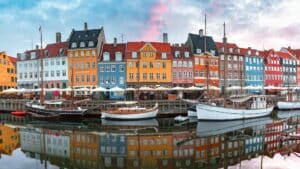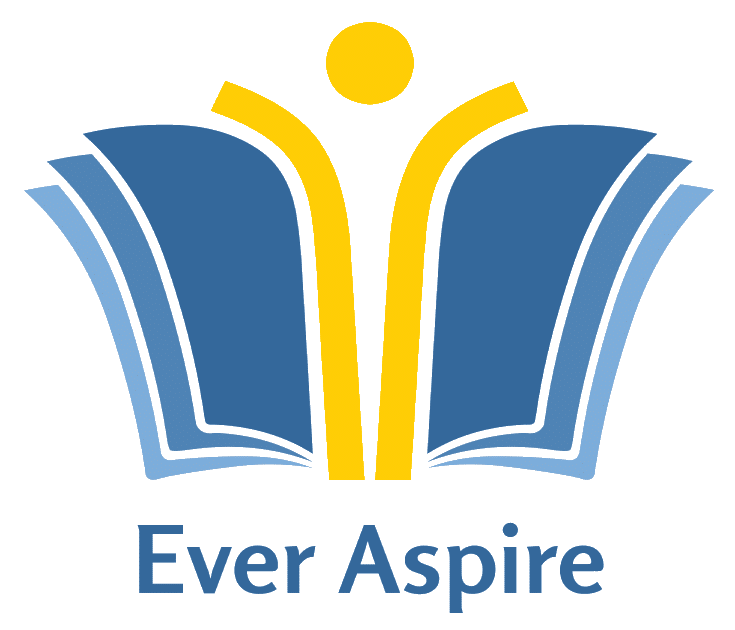+918657454590 | [email protected]
Study Abroad > Study in Netherlands
Why study in Netherlands

Education System in Netherlands
In the Netherlands, a quality education system is focused on the needs of the individual child. Education in the Netherlands starts for most children with primary school (basisschool) the day after their 4th birthday. From the age of five, all children are required to attend school (leerplicht). The primary school has eight grades, ranging from groups 1 to 8, and education is compulsory between the ages of 5 and 16. Dutch is the main instruction language, but more and more schools and universities are teaching in English as well.
Admission to universities in the Netherlands is centralized through the Dutch admissions system, Studielink, where applicants will need to provide academic transcripts, passports or IDs, photographs, and proof of English language proficiency.
The secondary school system in the Netherlands is one of the most varied in the world. Parents must decide, based on test scores and recommendations, whether to put their kids in academic or vocational secondary school tracks after they finish primary school. The education system is international, with many public schools that are bilingual, especially at the high school level, and programs to help young children who don't speak Dutch. However, Dutch is still an important language in everyday school life in the country.
The academic year in the Netherlands is divided into 4 trimesters, with the academic year starting in August or September and finishing in June or July, depending on the region.
Intakes
Popular courses
Tuition and Living costs
Level of Education | Tuition Fees per year (in euros) |
|---|---|
Preparatory courses (1-12 months) | 6,000 to 12,000 euros p.a. |
Undergraduate Programs (3-4 Years) | 6,000 to 10,000 euros p.a. |
Masters Programs (1-2 Years) | 7,000 to 20,000 euros p.a. |
According to the Dutch Immigration and Naturalization service, students need 10,412 euros per year to cover living expenses that cover student accommodation, health insurance, food and transport costs
Scholarships
International students can get scholarships to study in the Netherlands either through government-funded programs or merit-based scholarships offered by Dutch universities.
The Orange Tulip Scholarship is a Dutch government scholarship that provides €2,000 per year for up to four years.
The Holland Scholarship is a grant from the Dutch government that gives a student €5,000 to help pay for college or graduate school. The Holland Scholarship, which amounts to €5,000, is only available for the first year of study and can only be received once.
The Excellence Scholarships offered by some universities in the Netherlands are granted annually to 20 to 25 outstanding international students, who are in the top 10% of their graduating class, with an application deadline on February 1st of every year.
The University of Twente scholarship 2023 (UTS) is a scholarship open for both EU and non-EU students for a masters program.
Student Accommodation
International students in the Netherlands can choose from a variety of student housing options. The most common type of student housing is student houses, which are privately-owned houses that can accommodate 3 to 6 individuals. Another option is student apartments, where students have their own room but share the kitchen with other students. In the Netherlands, universities don't usually set up housing for students, so international students will have to find housing on the private market.
When available, the housing fee is usually paid through the university website. The cost of living in the Netherlands, including housing, is estimated to be between €700 and €1,000 per month.
International students can choose to live in a typical Dutch student house, which has everything they need and is well-furnished. They can also live with other international students who are also from other countries.
Entry Requirements for Admissions
(Some programs may need a higher IELTS score of 6.5)
Documents for Admissions
The documents required for admission into universities in the Netherlands depend on the applicant's educational background and chosen study program. In general, applicants are required to submit a copy of a valid passport, a visa for the duration of study, academic transcripts, proof of language proficiency in English, and other relevant awards and certificates.
For master's degree programs, applicants must have at least a bachelor's degree or something similar. They may also have to give a short summary of the subjects they studied in their previous degree.
In addition to the academic requirements, applicants may also be required to submit a personal statement or motivation letter, a CV or resume, and English language test scores. The name and birthdate on all documents, including the ID, transcripts, and degree certificates, must be the same, and they must match the name reported in the applicant's account at universityadmissions.se.
Checking the specific requirements for each university and study program is a good idea, since they may be different. Some universities may also need other documents, like references, letters of recommendation, or a research proposal, so it's important to look at the program-specific information for more details.
Post study work visa
International students in the Netherlands can apply for the "Orientation Year residence permit," the most common post-study work visa in the country. This permit is available to international students who have completed a Bachelor's or Master's degree at an NVAO-accredited institution in the Netherlands. To apply, there is a €285 fee. This visa also allows for work in the Netherlands without a separate work permit for the employer. However, foreign students from the European Union (EU), European Economic Area (EEA), or Switzerland are allowed to live and work in the Netherlands without a visa or residence permit.
Study Abroad Countries


 IELTS
IELTS




















